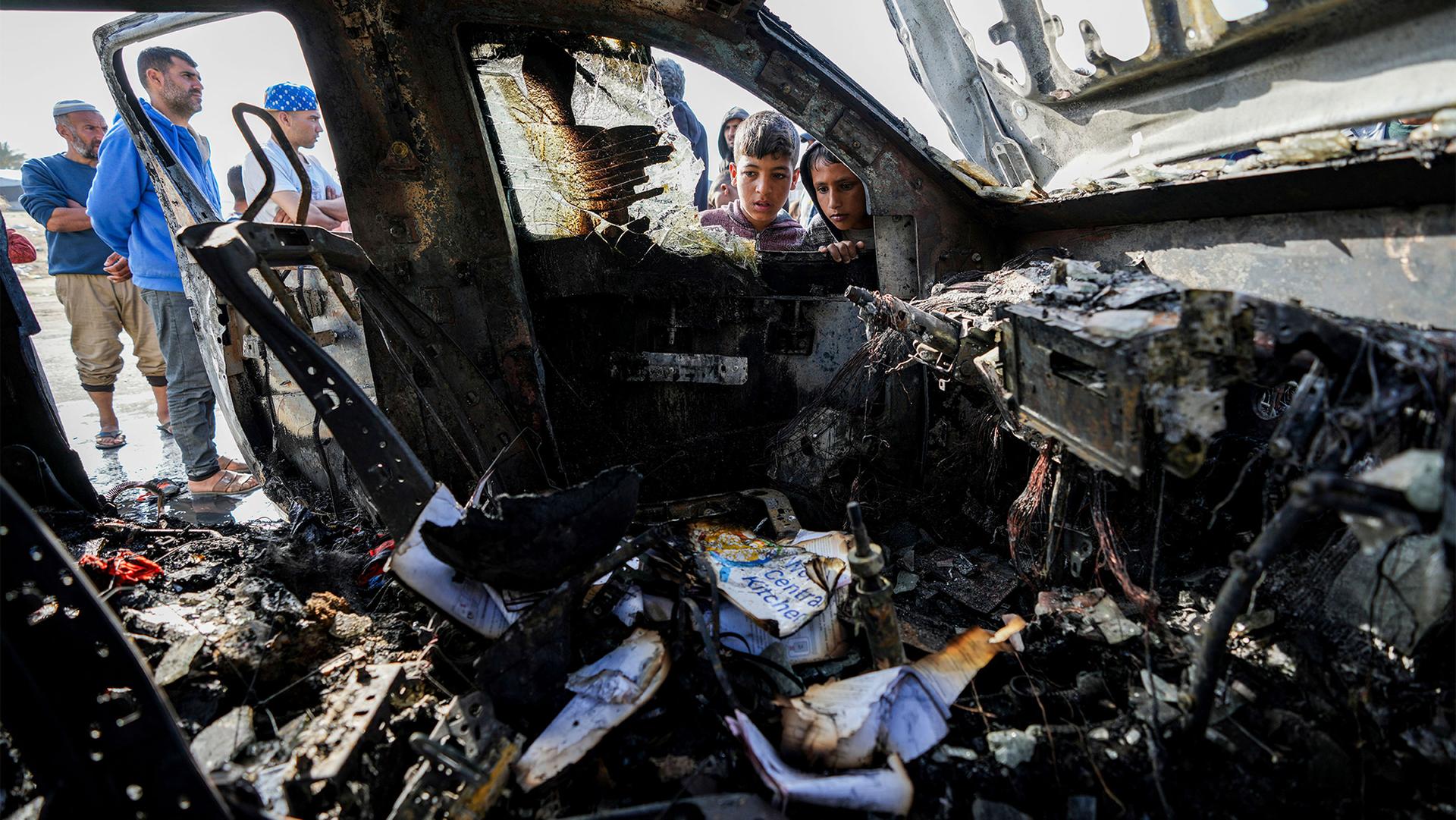Human Needs
‘They forgot about me’: People with disabilities in Bangladesh face increased risk during natural disasters
Millions of people have migrated from villages in coastal Bangladesh to escape climate-related disasters, but people with disabilities often stay behind. This puts their lives in even greater danger as weather conditions become more severe, advocates say.
Wheelchair tours show Colombia’s Medellín from a different perspective
In Colombia, one company is introducing visitors to the city of Medellín by taking them around on wheelchairs that are pulled by electric handbikes and can reach speeds of about 25 mph. The tours are led by people with disabilities and are part of a broader effort to make the city more accessible to all, led by a very persistent businessman. Manuel Rueda reports.
Desperate cancer patients in Peru look for options across the Atlantic
In Peru, cancer patients are facing enormous challenges to be able to survive. The situation is especially dire for children with leukemia. Many die because they couldn’t get access to treatment in time. More and more parents are seeking help in Spain.
‘We’re bracing for what comes after’ the truce, MSF Gaza director says
Many Palestinians in the Gaza Strip remain in desperate need of humanitarian aid. To find out more about the situation, The World’s host Marco Werman spoke with Avril Benoit, the executive director of Doctors Without Borders in the United States.
A timeline of the Israeli-Palestinian conflict
The Middle East has seen decades of unrest, much of it stemming from the Israeli-Palestinian conflict. The current Israel-Hamas war is the latest outbreak of violence that threatens lasting peace across the region and the globe. The World has compiled a timeline of key events in the conflict.


